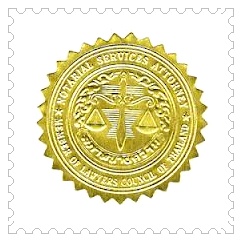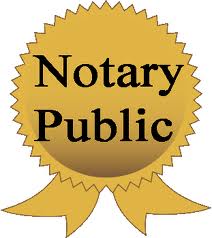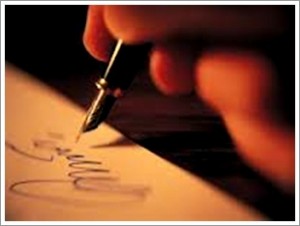-
Certified Documents By Ministry Of Foreign Affairs / Embassy
Oftentimes it is enough to translate a foreign document into a language of given country and to notarize the translation to validate this foreign document. Considering that Russian public notaries, in their extraordinary majority, do not have a good command of a foreign language, a notary certification of a translation is a certification of interpreter’s signature authenticity by a notary that can confirm the interpreter’s linguistic education and qualification, and is also personally known by the notary. In other words ultimately precisely the interpreter is liable for the correctness, accuracy and appropriateness of the translation and the notary verifies not the translation itself, but only that it was made by the qualified interpreter.

Chiang Mai Translation Service. effects translation of documents with notary certification. This service is necessary for the legal force confirmation of a document, which will be provided in the future to some authorities of a foreign state.
Certified Documents By Ministry Of Foreign Affairs / Embassy
Notary public ?

A notary public (sometimes called a notary or a public notary) is an individual authorized by state or local government to officially witness signatures on legal documents, collect sworn statements and administer oaths. A notary public uses an embossing tool to verify his or her presence at the time the documents were signed. Most states issue a unique identifying number to each notary public in order to prevent fraudulent use of the embosser.
An attorney or other public figure can be granted notary public status, but no legal training is required to apply for the position. Certain legal documents are required to be ‘notarized’ in order to be recognized in court, so a notary public spends most of his or her time observing routine signatures. Because identities are critical, a notary public may also spend some time verifying the names of the parties involved in the signing. Generally, all parties provide some form of official identification (driver’s license, birth certificate, passport, etc.)in order for the notary public to feel comfortable about certifying the signatures.
A notary public can charge a nominal fee for his or her services, but this fee cannot be seen as excessive. A large law firm or a government office may have a need for a full-time notarypublic, but it’s more common for licensed notaries to offer a number of other services as well. If the owner of a local grocery store happens to be a certified notary public, for example, he or she can legally post a sign stating that notary services are available.
One misconception about a notary public is that his or her official signature and/or embossing stamp automatically makes a document ‘true and legal’. The truth is, a notarypublic cannot give legal advice to anyone unless he or she also happens to be a licensed attorney. What a notary public does is witness the signing of the documents and ask each party for a sworn oath of authenticity. The document itself could still be declared fraudulent or unenforceable later in court proceedings. A notary public can only attest to the identities of the signatories and their own affirmations of authenticity at the time of notarization.



